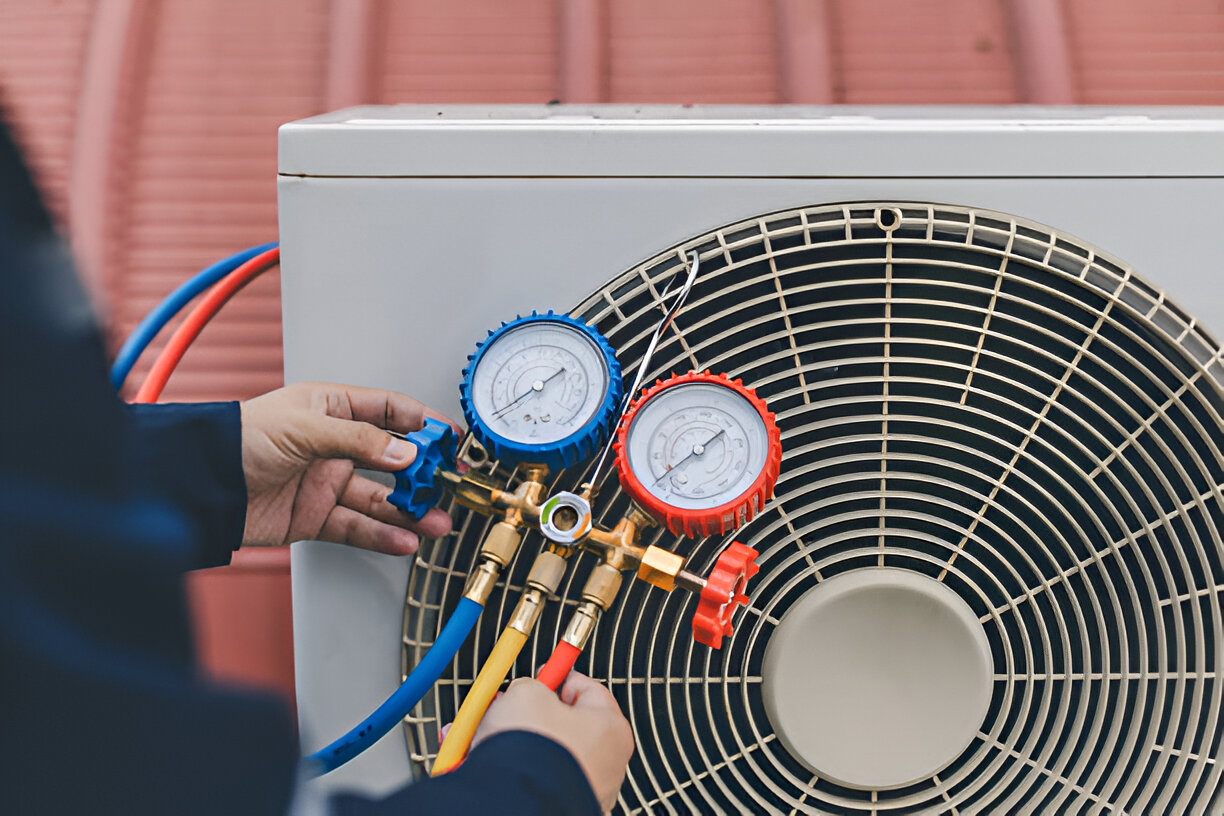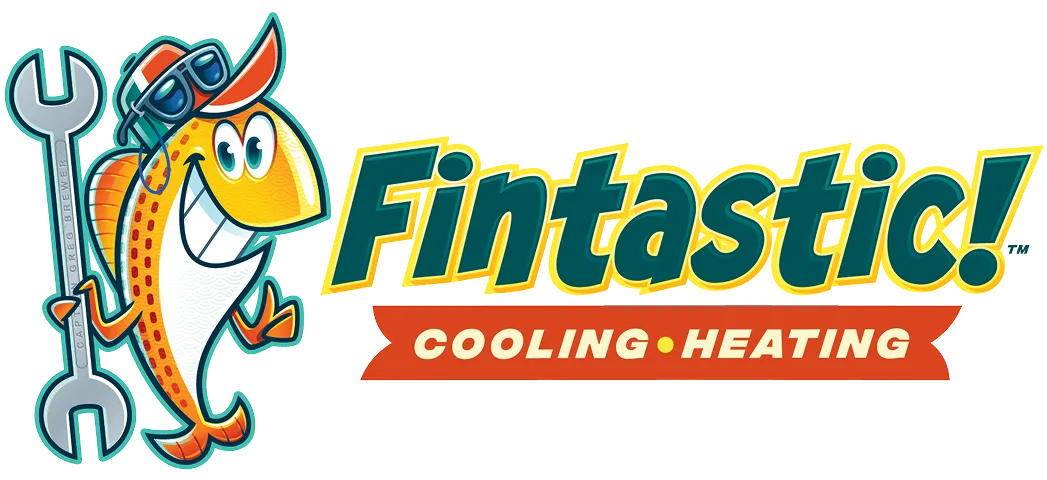Furnace Tune Up in Arcola, TX
Keeping your furnace reliable and efficient is about more than comfort — it is about safety, indoor air quality, and avoiding costly emergency repairs. In Arcola, TX, where winters are typically mild but can include sudden cold snaps, a thorough furnace tune up ensures your heating system works when you need it and runs efficiently during shoulder seasons. Below is a clear, expert outline of what a professional furnace tune up covers, typical maintenance tasks, how long the service takes, how pricing is usually structured, and the performance improvements you can expect.

Why a furnace tune up matters in Arcola, TX
- Arcola homes face high humidity most of the year. Moisture accelerates corrosion on burners, heat exchangers, and electrical connections if systems are neglected.
- Dust, pollen, and yard debris common to the Gulf Coast region increase filter loading and reduce airflow, worsening efficiency and indoor air quality.
- Winters can be unpredictable. A tune up reduces the chance of failure during an unexpected cold spell.
- Gas furnaces require regular safety checks to prevent combustion or carbon monoxide risks, especially after long idle periods.
Typical furnace tune up checklist
A professional tune up follows a consistent checklist to confirm safe, efficient operation and to catch developing problems early.
Inspection and safety
- Visual inspection of the furnace cabinet, venting, and flue for corrosion, blockages, or animal nests
- Heat exchanger inspection for visible cracks or corrosion that could indicate combustion leaks
- Safety control checks, including limit switches and flame sensors
Combustion and ignition
- Burner inspection and cleaning to ensure even, stable flame
- Ignition system test (electronic igniters or pilot assembly) and adjustment
- Combustion analysis when applicable to verify proper gas/air ratios (safety and efficiency)
Electrical and controls
- Tightening and inspection of electrical connections for loose or corroded terminals
- Testing thermostat operation and calibrating if needed
- Inspecting and testing safety interlocks and control board diagnostics
Airflow and moving parts
- Blower motor and fan inspection, lubrication when appropriate, and belt checks (if applicable)
- Checking and clearing condensate/secondary drain lines on high-efficiency systems
- Inspecting duct collar connections and airflow balance (visual and basic static checks)
Filters and indoor air quality
- Filter inspection and replacement recommendations based on filter type and condition
- Checking return grills and accessible ductwork for dust buildup and suggesting solutions
- Advising on humidification or dehumidification adjustments to improve system performance in the local climate
Additional elements (depending on service level)
- Cleaning of burners, flame sensors, and accessible combustion components
- Minor repairs such as replacing worn belts, capacitors, or igniter pads (parts and labor pricing depend on scope)
- Written findings and a prioritized list of recommended repairs or upgrades
Expected maintenance tasks performed
- Replace or clean the air filter and note the recommended filter type for your system
- Tighten electrical connections and measure motor amps to detect drag or failing motors
- Clean accessible combustion components to restore reliable ignition and flame stability
- Adjust blower speed and check airflow to ensure even heating and prevent short cycling
- Verify and adjust thermostat settings for accurate control and efficient run cycles
- Record system performance readings and note any safety concerns (for gas systems, include CO risk observations)
Estimated service duration
- Basic furnace tune up: typically 45 to 60 minutes for a standard single-stage furnace with no complications.
- Comprehensive tune up or high-efficiency models: roughly 60 to 90 minutes when cleaning burners, performing combustion checks, or servicing a two-stage/variable-speed system.
- If repairs are required beyond the tune up, total time will depend on parts availability and the extent of work.
Typical pricing structure (how services are usually billed)
- Flat-fee basic tune up: covers the checklist items above, basic cleaning, filter check/replacement, safety tests, and a written service report.
- Premium or comprehensive tune up: a higher flat fee includes deeper cleaning (burners, accessible heat exchanger surfaces), combustion testing, and more extensive diagnostics.
- Diagnostic fee: applied if a separate repair visit is required after discovery of a problem; the fee is often credited toward repair work completed the same day.
- Repair pricing: parts and labor for discovered issues are quoted separately after diagnosis. Common minor items include igniters, sensors, belts, and capacitors.
- Maintenance agreements: many providers offer annual or biannual plans that bundle tune ups at a reduced per-service rate, plus benefits such as priority scheduling and discounted repairs.
Note: pricing models vary by contractor and by furnace type (standard-efficiency vs. high-efficiency condensing units), but the structure above reflects common industry practice.
Performance improvements you can expect after a tune up
- Improved energy efficiency and lower heating runtime during cold periods, which can reduce energy costs even in milder Arcola winters.
- More consistent indoor temperatures and fewer short cycles thanks to cleaner burners and balanced airflow.
- Extended equipment life from reduced wear on motors and moving parts.
- Enhanced indoor air quality as clean filters and reduced dust in the system cut airborne particulates common in the Houston area.
- Increased safety through verified combustion integrity, properly functioning safety controls, and reduced carbon monoxide risk for gas systems.
- Fewer emergency service calls; proactive maintenance finds problems before they become failures.
Common furnace issues discovered during tune ups in this area
- Dirty or clogged air filters causing restricted airflow and overheating
- Corroded burners or heat exchanger symptoms due to humidity exposure
- Faulty ignition components after long idle periods between heating seasons
- Loose electrical connections leading to intermittent operation or tripping breakers
- Inaccurate thermostat calibration causing uneven comfort or extra runtime
Recommended frequency and seasonal timing
- Annual fall tune up for most Arcola homes to ensure readiness before cooler weather arrives.
- Homes with pets, smokers, or severe dust/allergy concerns may benefit from two visits per year (fall and late winter/early spring).
- High-efficiency condensing furnaces benefit from professional inspection every year to keep condensate drains and secondary heat exchangers clear.
A professional furnace tune up in Arcola, TX is a practical investment in safety, comfort, and long-term value. A thorough service visit not only restores reliable operation but also identifies issues early, helping you avoid higher repair costs and interruptions when temperatures drop.
Customer Testimonials
Our customers praise our exceptional service and attention to detail, consistently exceeding expectations.































































